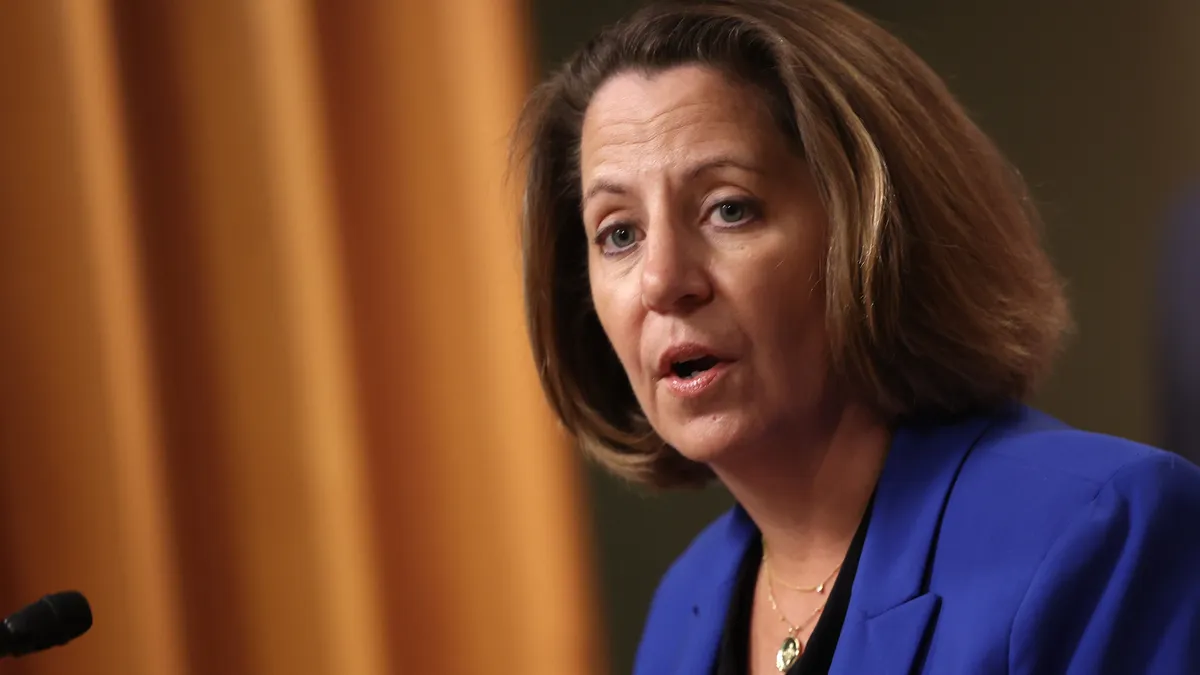The Department of Justice is expected to adopt whistleblower incentives similar to what the Securities and Exchange Commission and Commodity Futures Trading Commission use, a DOJ official said Wednesday at an ABA white collar crime conference, Bloomberg Law reported.
Later Thursday, DOJ Deputy Attorney General Lisa Monaco is expected to provide details of the initiative, which is expected to include letting insiders who blow the whistle on wrongdoing share in penalties the agency imposes on the company, the publication said.
“The next step is in the monetary space,” Deputy Attorney General Marshall Miller said at the conference Wednesday.
It’s not clear if Monaco, DOJ’s number two official, will share details of the authority it has to share penalties with whistleblowers. The SEC and CFTC have authority under the 2010 Dodd-Frank Act to let whistleblowers share in money the agencies collect if the information they disclose is crucial to the case.
The award amounts can be in the millions of dollars, making them a powerful incentive for insiders to step forward if they have information. Among the awards the SEC has given out is one for $279 million in May of last year, its largest ever. To preserve the whistleblower’s confidentiality, the agencies don’t disclose the nature of the misconduct or the company involved when announcing the awards.
By adding a monetary incentive, DOJ would be building on a broader effort that’s been a focus of Monaco’s for the last two years, to get companies to come forward and self-disclose problems rather than hunker down and take a defensive position against agency action.
Among other things, Monaco has touted a policy to offer companies prosecution declinations, or at least reduced penalties, if they come forward before the agency launches an investigation. The agency also created a policy to give companies a prosecution safe harbor if they come forward with a problem that they discover in a target company while conducting due diligence prior to an acquisition or merger.
“The point here is, as more and more avenues exist for folks to come forward and either blow the whistle or self-disclose, it becomes more and more a risky proposition to sit on your hands,” Marshall said Wednesday, Bloomberg Law reported.











